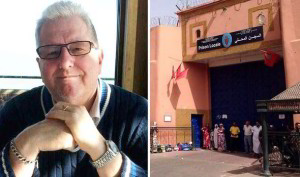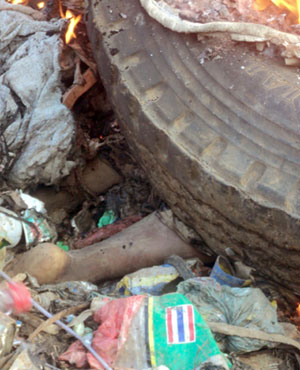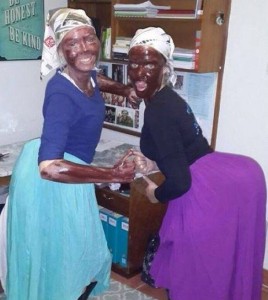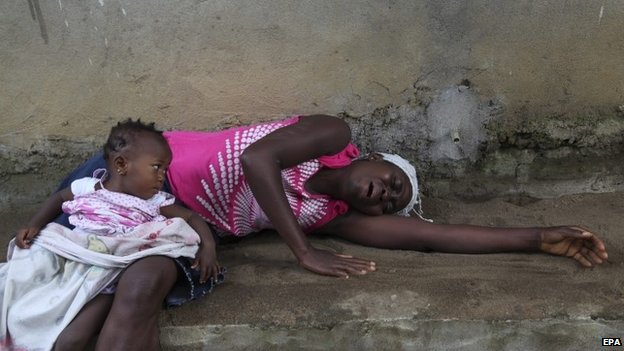MARRAKESH, Morocco
Ray Cole, and 70 year old British citizen, was jailed in Morocco for “homosexual acts.” Cole travelled to Morocco for a vacation with a Moroccan man, Jamal Jam Wald Nass, with whom he had developed an online relationship with in the preceding months. The two had explored Morocco; Cole had frequently updated his Facebook with pictures of the sites and cities he visited with his partner. On September 18th, the two men were arrested at a bus stop in Marrakesh, after a police officer had approached the men for suspected homosexuality. After being brought to the police station, Cole and Nass were jailed for being gay.
Ray Cole- Photo courtesy of Express UK
Cole reveals that the conditions in the jail were horrible. He was forced to sleep on the ground, due to over-crowding, with little more than a blanket. Everything else, including his glasses, were taken away. Cole, who was jailed for nothing more than his sexual orientation, was held with men who had committed serious crimes, including murder. The British consulate worked actively to get Cole home to his family, and on October 2nd, he finally boarded a flight back to the United Kingdom.
While Cole returned home to a country that allows citizens to exercise their freedom of sexuality, this episode underlines a serious cultural barrier for homosexuals in Muslim countries—homosexuality is criminalized. As a result, gay and lesbian individuals are forced to keep their identity an absolute secret, or deal with the ramifications of being gay in a Muslim country, which can include prison, stoning, and death. Furthermore, as briefly touched upon, the crime of homosexuality puts offenders in the same category as some of the worst criminals, including murderers. How can these two crimes be reconciled as equally egregious?
Film maker Abdellah Taïa uses his work to explore the pain, challenges, and heartache of being gay in Morocco, documenting how a mob had yelled outside of his home about raping him, and not a single member of his family defended him. This sense of abandonment is not uncommon for homosexuals in Morocco and other Muslim countries. Taïa urges that something must change legally and culturally in these countries, as the criminalization of homosexuality is not sustainable.
So while Ray Cole returned home to Britain after the ordeal of being jailed for homosexuality, many are still relegated to silence in order to preserve their freedom and lives. While homosexuality remains a crime in Morocco, people that identify as homosexuals will not be able to live without the threat of violence. Will the attention brought to the situation in Morocco by Cole’s experience benefit the homosexual community in this Muslim country?
For more information, please visit:
The Guardian- British man jailed for four months for ‘being gay’– Oct 5, 2014
The Guardian- Morocco releases British tourist jailed for ‘homosexual acts’– Oct 7 2014
The Guardian- Moroccan partner jailed with Briton for ‘homosexual acts’ freed– Oct 9, 2014
The Guardian- Abdellah Taia: In Arab countries, homosexuality is a crime. This has to change– Oct 3, 2014




